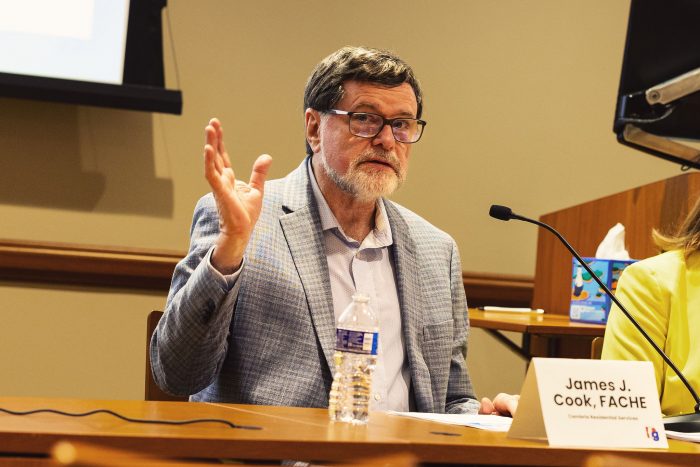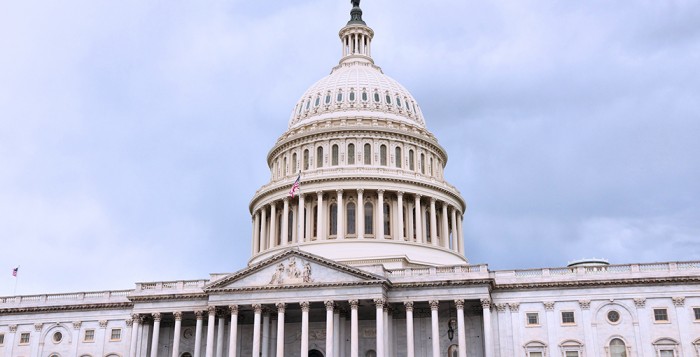RCPA Shares Agenda for 2025 Annual Membership Meeting and PAC Golf Outing on May 13
OMHSAS Data Shows Significant Increases in BH-MCO Denials of Services
In a presentation to the Medical Assistance Advisory Committee today, Office of Mental Health and Substance Abuse Services (OMHSAS) Deputy Secretary Jen Smith shared data that shows a significant increase over the past three years in behavioral health managed care organization (BH-MCO) decisions to deny services to their members or contracted providers.
In addition to denial data for calendar years 2022 through 2024, the report also provides data on grievances and complaints and defines what each of those is. Notably, the 2024 data does not include the fourth quarter of the year.
The most egregious service type denials are seen in two categories: 1) non-hospital residential withdrawal management, rehabilitation and halfway-house services for drug/alcohol abuse or substance use disorders; and 2) IBHS for children and adolescents with mental health or substance use disorders. Although the IBHS denials appear down slightly in 2024, when the fourth quarter data is added, the number is likely to increase. On the SUD side, even without fourth quarter data, denials for the non-hospital residential substance use disorder treatment services are up 45 percent over 2023.
The presentation breaks down the number of denials per year per BH-MCO since 2022.
The increases in denials in 2024 occurred at the same time OMHSAS acknowledged a significant miscalculation of capitation rates, resulting in underfunding of the behavioral health system, including primary contractors and BH-MCOs, by hundreds of millions of dollars.
Deputy Secretary Smith cautioned that there are multiple factors to consider when reviewing the data and increase in denials, including Pennsylvania’s SUD treatment system’s ongoing alignment with ASAM Criteria and the increased BH-MCO scrutiny on providers and individual BH-MCO interpretation of ASAM Criteria.
Forum Spotlights Fears Over Potential for Medicaid Cuts, RCPA Honorary Board Member Jim Cook Quoted
Proposed Restructured Funding Plan for DHS Released
Medicaid Matters: A Community Forum to Be Held April 21, With Panelists Including RCPA Honorary Board Member Jim Cook
This community-focused advocacy forum brings together experts and stakeholders to discuss the local impact of federal funding cuts to Medicaid, particularly on vulnerable populations and essential services.
The event will be moderated by Chip Minemyer, publisher of The Tribune-Democrat, and panelists will include RCPA Honorary Board Member Jim Cook, who serves as Executive Director of Cambria Residential Services.
The event will be held Monday, April 21, at 6:30 pm. You can view the flyer here for more details.
Greenspace Health to Host “Measurement-Based Care & CARF Accreditation” Webinar on May 15
The team at Greenspace Health are hosting a timely and insightful panel to explore the evolving role of Measurement-Based Care (MBC) in accreditation and clinical practice. The session, Measurement-Based Care & CARF Accreditation: Driving Quality Through Measurable Outcomes, brings together an exceptional group of experts to discuss how organizations can leverage MBC to improve outcomes, align with accreditation standards, and elevate care quality across their services. The webinar will be held May 15 at 1:00 pm EDT. Register here.
Speakers include:
- Michael Johnson, Senior Managing Director of Behavioral Health at CARF;
- Dr. Kimberly Gordon-Achebe, Medical Director of Mobile Response and Stabilization Services at iMind Behavioral Health, a CARF accredited organization leveraging MBC;
- Dr. James Boswell, Associate Professor and Director of Clinical Training at the University at Albany; and
- Host: Jeremy Weisz, CEO and Co-Founder at Greenspace Health.
Whether you’re preparing for CARF accreditation, already using MBC, or exploring how to integrate it into your practice, this webinar will offer actionable insights, real-world strategies, and guidance on meeting CARF’s updated 2025 standards which now require ongoing progress measurement.
If you are unable to participate live, you can still register to receive the recording and resources after the session.
Voices of the Epidemic: A Call for Transparency in Opioid Settlement Spending
Save the Date! RCPA 2025 Annual Membership Meeting on May 13
OMHSAS Stakeholder Webinar on April 24
The Office of Mental Health and Substance Abuse Services (OMHSAS) April 2025 Stakeholder webinar is currently scheduled for Thursday, April 24, 2025, from 3:00 pm – 4:00 pm. You can register for the webinar here. After registering, you will receive a confirmation email containing information about joining the webinar.
For those that want to join via phone:
Call-in Number: (562) 247-8422
Access Code: 757-198-515















